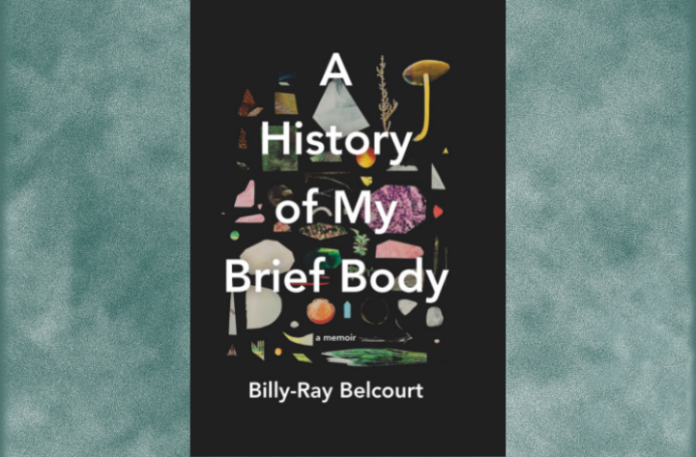A History of My Brief Body
Billy-Ray Belcourt
UQP, $24.99
Billy-Ray Belcourt is an NDN from the Driftpile Cree Nation and Canada’s first First Nations Rhodes scholar. He is also an award-winning poet and Assistant Professor of Indigenous Creative Writing at University of British Columbia.
The essays in his non-fiction debut, A History of My Brief Body, have the resonance of poetry zinging off the page, multi-layered. It is this combination that makes them fascinatingly easy to read but difficult (for a non-academic like me) to distil.
Situated in the context of other seminal queer texts, they are a “kind of memoir”, Belcourt writes, that “stretch well beyond the boundaries of my personal life”.
Essay titles like “An NDN Boyhood”, “Loneliness in the Age of Grindr”, “An Alphabet of Longing”, “Notes from an Archive of Injuries” and “Please Keep Loving: Reflections on Unlivability” show us the scope of his concern with queer identity, sexuality, love, family, racial discrimination and the brutality of colonialism.
Quotes gleaned from the other essays in the book give us an inkling of the political, visceral and emotional ground in which they’re embedded.
“I dream in English and it’s foul play.” / “I have faith in the emancipatory power of rage and little else.” / “… there’s something about the way porn shores up the performativity of intimacy that makes my heart sink.” / “What is chronic loneliness if not the desire to exist less and less, to deplete little by little” / “I’m writing a literature of blame, for the record.”
The first essay begins with a tender letter to his grandmother: “Nôhkom, I’m not safe. Canada is still in the business of gunning down NDNs.”
It was impossible to read Belcourt’s book without being painfully aware of how closely Canada’s colonisation mirrors Australia’s. The two nations share a willingness to walk over bones in the sacred graves of our Indigenous forebears, to ignore Indigenous elders’ wisdom about how best to relate with earth, sea, family and community, and to incarcerate Indigenous people’s “non-white bodies” at alarming rates and often for minor offences.
Belcourt is seen as the voice of a generation of First Nations people and he names the state-sanctioned “suppres[sion] of NDN vitality”.
He explains how the trauma of colonialism “erupts in the minds and bodies of men, who then bombard the lives of women and girls, two-spirit peoples, and queers”.
In this context, his call for love and joy to be central in countering the trauma sounds radical.
“With joy, we breach the haze of suffering that denies us creativity and literature,” he writes “Joy is art is an ethics of resistance.”
Pride Week this year reminded us that “Pride was a rebellion” – and given resistance fighters got us where we are today with LGBTIQA+ equality and acceptance, Belcourt’s clarion call to resist and radically remake the world to abolish discrimination has a powerful ring to it.
“NDN youth, listen: to be lost isn’t to be unhinged from the possibility of a good life,” he writes. “There are doorways everywhere, ones without locks, doors that swing open. There isn’t only now and here. There is elsewhere and somewhere too. Speak against the coloniality of the world, against the rote of despair it causes, in an always-loudening chant. Please keep loving.”
_______________





